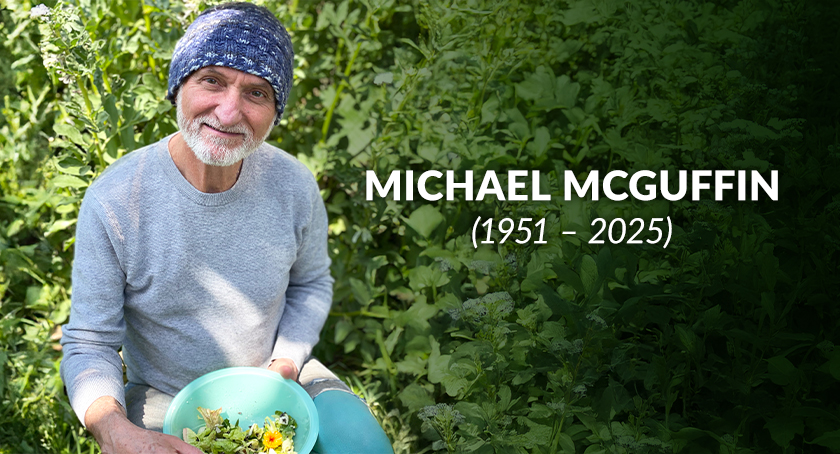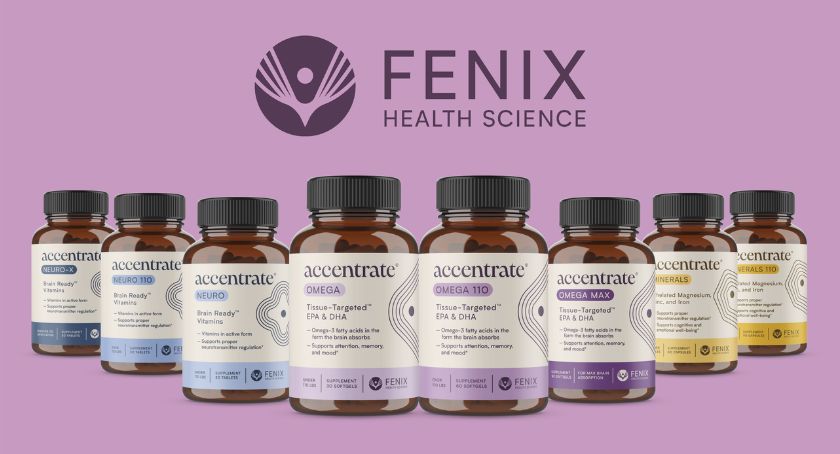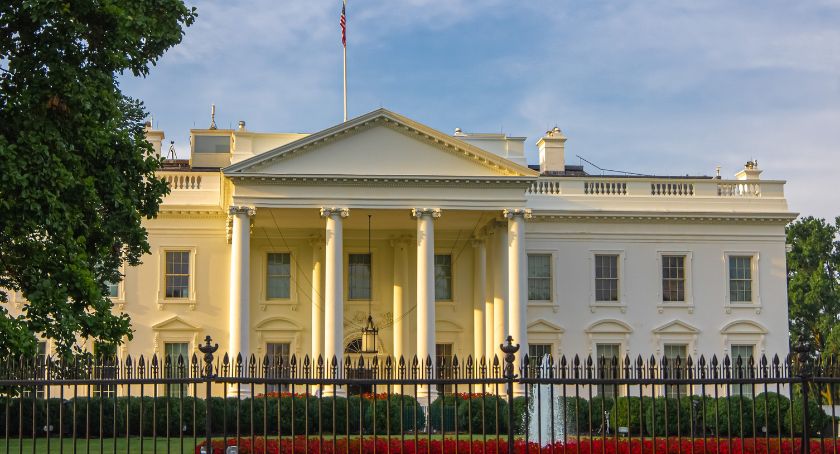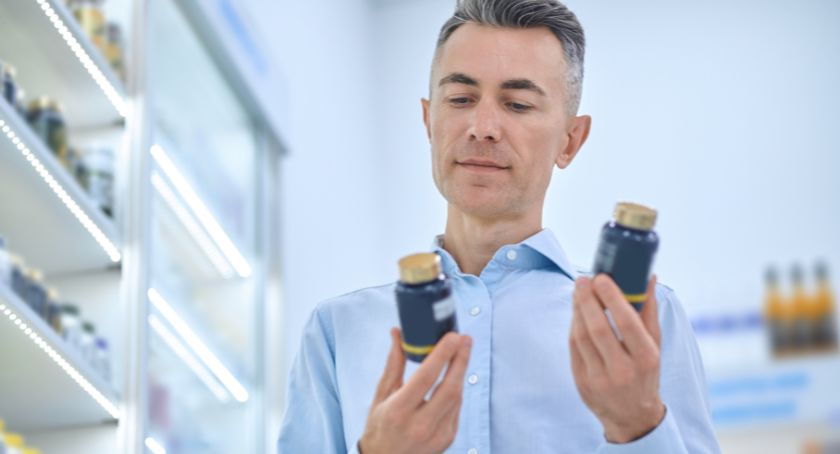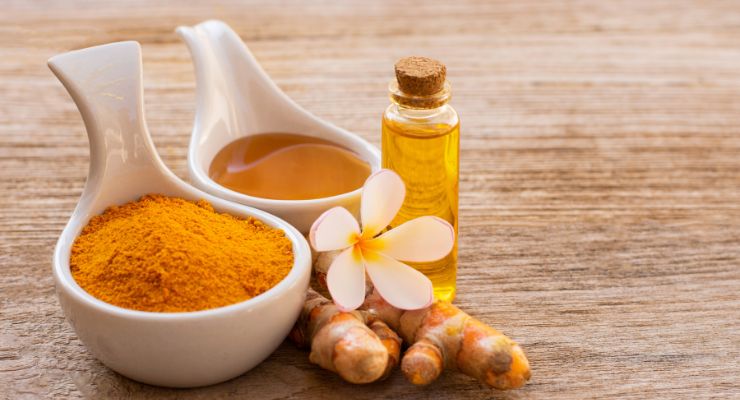Exclusives
Federal Agencies Crack Down on Fraudulent COVID-19 Products
Products cited in warning letters are teas, essential oils, tinctures, and colloidal silver.

By: Sean Moloughney
Confronting illegal and fraudulent products claiming to prevent, treat, or cure Novel Coronavirus Disease 2019 (COVID-19), the U.S. Food and Drug Administration (FDA) and the Federal Trade Commission (FTC) issued warning letters to seven companies the agencies said are marketing products that pose a public health risk.
Under federal law, these products are unapproved drugs, the agencies said in an announcement on Monday.
“We have an aggressive surveillance program that routinely monitors online sources for health fraud products, especially during a significant public health issue such as this one,” FDA Commissioner Stephen M. Hahn, MD, stated in a press release. “We understand consumers are concerned about the spread of COVID-19 and urge them to talk to their health care providers, as well as follow advice from other federal agencies about how to prevent the spread of this illness. We will continue to aggressively pursue those that place the public health at risk and hold bad actors accountable.”
Anxiety is running high about the spread of the novel coronavirus that has canceled major events, closed schools, and roiled financial markets. Stocks plunged Monday as Wall Street had its worst single day since December 2008; all major U.S. indices were down at least 7%. There were signs of a bounce-back on Tuesday; stock futures were up 3.6% ahead of the opening bell, according to the Wall Street Journal.
“What we don’t need in this situation are companies preying on consumers by promoting products with fraudulent prevention and treatment claims,” said FTC Chairman Joe Simons. “These warning letters are just the first step. We’re prepared to take enforcement actions against companies that continue to market this type of scam.”
The FDA is particularly concerned that products that claim to cure, treat or prevent serious diseases like COVID-19 may cause consumers to delay or stop appropriate medical treatment, leading to serious and life-threatening harm.
The FDA and FTC jointly issued warning letters to Vital Silver, Quinessence Aromatherapy Ltd., Xephyr, LLC doing business as N-Ergetics, GuruNanda, LLC, Vivify Holistic Clinic, Herbal Amy LLC, and The Jim Bakker Show. The products cited in these warning letters are teas, essential oils, tinctures and colloidal silver. The FDA has previously warned that colloidal silver is not safe or effective for treating any disease or condition. The FDA and FTC requested companies respond in 48 hours describing the specific steps they have taken to correct the violations. Companies that sell products that fraudulently claim to prevent, treat or cure COVID-19 may be subject to legal action, including but not limited to seizure or injunction.
There are currently no vaccines or drugs approved to treat or prevent COVID-19. Although there are investigational COVID-19 vaccines and treatments under development, these investigational products are in the early stages of product development and have not yet been fully tested for safety or effectiveness.
Continuous Monitoring
In addition to following up with companies that fail to make adequate corrections, the FDA and FTC will continue to monitor social media, online marketplaces and incoming complaints to help ensure the companies do not continue to sell fraudulent products under a different company name or on another website.
An FDA cross-agency task force has been established, dedicated to monitoring for fraudulent products related to COVID-19. The task force reached out to major retailers to ask for their help in monitoring their online marketplaces for fraudulent products claiming to combat coronavirus and other pathogens. The task force has already worked with major retailers and online marketplaces to remove more than three dozen listings of fraudulent COVID-19 products, agencies said. Several have already agreed to monitor their marketplaces for COVID-19 claims.
According to Reuters, in recent weeks Amazon removed more than 1 million products that had inaccurately claimed to cure or defend against the coronavirus. It also removed thousands of deals from merchants that it said attempted to price-gouge customers on things like face masks and hand sanitizer.
Supplements Are Not Drugs
Back in early February, dietary supplement industry leaders reminded the public and retailers that supplements cannot prevent or treat coronavirus.
A joint statement issued at that time by the American Herbal Products Association (AHPA), Consumer Healthcare Products Association (CHPA), Council for Responsible Nutrition (CRN), and United Natural Products Alliance (UNPA) stated: “While research supports the use of certain dietary supplements to maintain immune system health, we are not aware of clinical research that demonstrates using a dietary supplement specifically to prevent or to treat the Novel Coronavirus. Even if research is conducted and published on the topic, the law that regulates dietary supplements, the Dietary Supplement Health and Education Act of 1994, prohibits marketers of dietary supplements in the United States from promoting any dietary supplement product that makes disease prevention or treatment claims.”
The trade groups advised marketers and retailers of dietary supplements to refuse to stock or sell any supplements that are presented as treating, curing, or preventing coronavirus. They should refrain from promoting any dietary supplement as a cure, treatment or prevention for coronavirus.
Consumers, meanwhile, should avoid any product that claims to treat, cure or prevent Coronavirus and report such products to the FDA.
Anyone who believes they may have coronavirus or may have come in contact with coronavirus should contact a healthcare professional immediately. The Centers for Disease Control and Prevention has more information on Coronavirus and the proper actions to take if you suspect you are ill.
Rick Sharpee, director of science and nutrition at NOW Health Group, noted that “Supplements are not drugs, so supplement companies should not be making any claims that their product can cure or prevent any disease, including the coronavirus. Supplements are meant to complement a healthy diet and lifestyle, and can support overall health and wellness and help to fill in nutrition gaps.”








